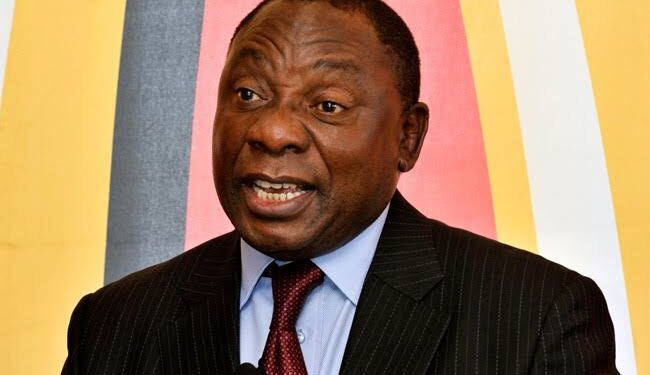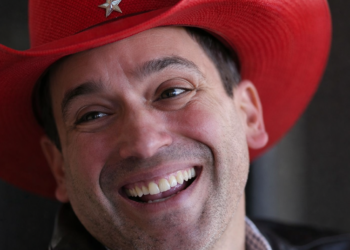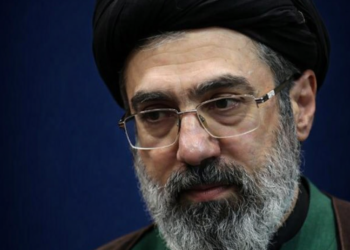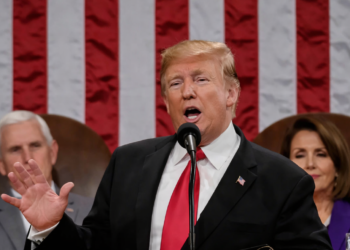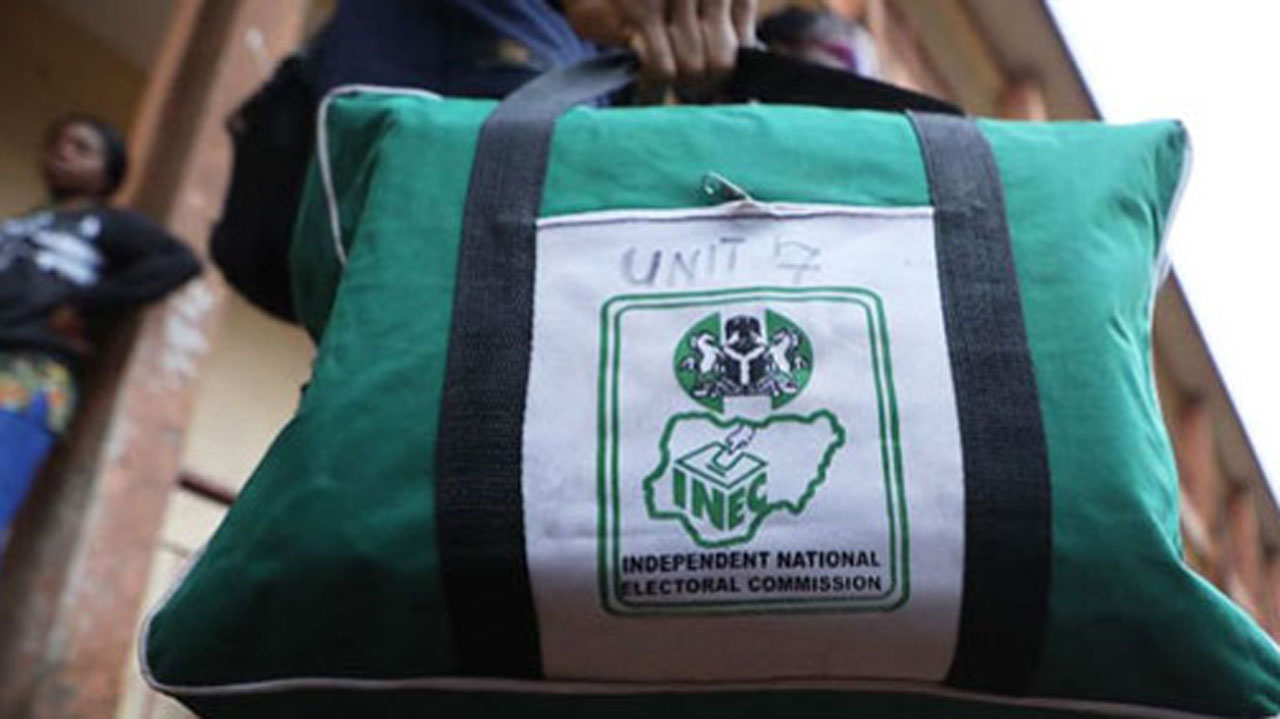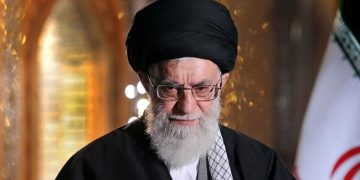The once-dominant African National Congress (ANC) in South Africa is facing a reckoning after angry voters dismantled its 30-year reign. Despite the blow, the party stubbornly refuses to swap out President Cyril Ramaphosa as a prerequisite for forming a new coalition government.
Why It Matters
As the official results of Wednesday’s election are set to be unveiled on Sunday, the ANC braces itself for the end of its unchallenged political supremacy. This impending shift signals a scramble among parties to strike alliances within a tight 14-day window.
Fikile Mbalula, the ANC’s secretary general, admitted to past governance mishaps, conceding there’s little cause for celebration. With support plummeting to 40% from its 2019 high of 57.5%, the ANC is forced to share power, a scenario unprecedented since the end of apartheid.

What They Are Saying
Amid speculation about Ramaphosa’s future, Mbalula vehemently rejects any notion of his resignation, brushing aside external pressures. However, the ANC faces a delicate balancing act as it navigates internal discussions and negotiations with potential coalition partners.
“What’s key is that a coalition be led by the ANC and President Ramaphosa,”
With the emergence of new players like uMkhonto we Sizwe (MK) led by former President Jacob Zuma, the political landscape undergoes a seismic shift. The prospect of alliances with parties like the Economic Freedom Fighters (EFF) or MK sends jitters through the business community and international investors, who favor stability.
As the ANC weighs its options, the Democratic Alliance (DA) and the Inkatha Freedom Party (IFP) mull over their next moves. While rumors swirl about potential cooperation pacts, the final decisions hinge on Tuesday’s crucial ANC leadership meeting.
Bottom Line
In the aftermath of this electoral shake-up, South Africa stands at a crossroads, poised for a new chapter in its political history.

